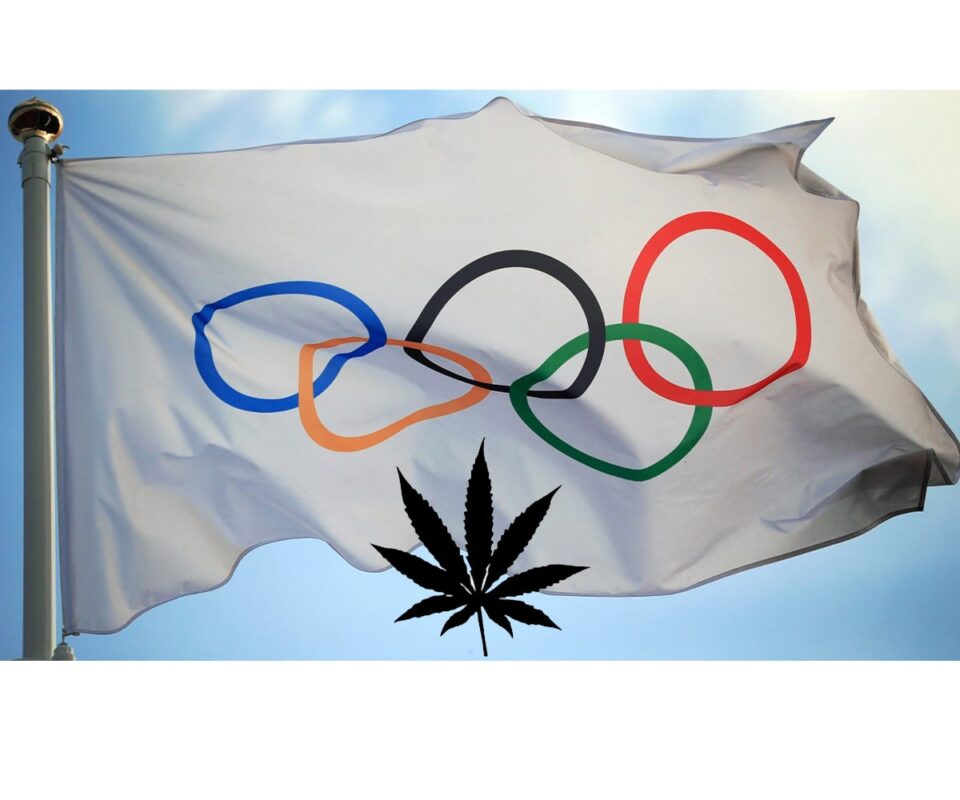Unclassified
How CBD made it to the Tokyo 2020 Olympics
Tokyo 2020 CBD and Olympic
The Tokyo 2020 Olympic Games are the first to allow CBD use by athletes, but the decision is causing controversy. We explain why:
For the first time in the history of the Olympic Games, the use of cannabidiol (CBD) has been authorised for athletes. However, this substance, which has become popular in recent years, attracts criticism and hypocrisy regarding its use in elite sport.
Megan Rapinoe, for example, an American footballer and LGBT icon, who has announced that she uses CBD to improve her performance, was criticised for promoting her sister's CBD brand in an article on forbes.com.
Meanwhile, sprinter Sha'Carri Richardson has been suspended for the Tokyo 2020 Olympics after testing positive for Cannabis.
The controversy over the discrepancy in the way cannabis and its other forms such as CBD are perceived has led people to allege hypocrisy and racism by the World Anti-Doping Agency (WADA), the anti-doping agency of the Olympics.
IS THE CBD THE FUTURE FOR ATHLETES?

"There's a lot of advanced science behind CBD, for its medical use," explains Mike Barnes, a professor of neurology and member of the Society of Cannabis.
Among other things, he explains that CBD calms, and can help with anxiety in general, which is beneficial to high performance athletes.
"There is always stress in sports competitions, so reducing anxiety can be very helpful for them as well as for the general adult population."
Another way in which CBD can benefit athletes is by helping them to sleep, which is a recurrent problem for top athletes, especially those who travel a lot and have regular time differences.
CBD also helps with the management of pain. Mike Barnes points out that it is not a cure for severe pain, but can be useful for relieving post-exercise muscle stiffness or simply the aches and pains that come with being a top athlete.
There are many ways to consume CBD, but most often athletes use it in oil, ingesting 2-3 drops under their tongue. However, although some athletes have been using it in recent months as part of their training regime, they will not be able to use it in Tokyo as the country's anti-cannabis laws are very strict.
WHY ARE THC AND CANNABIS BANNED, BUT NOT CBD?
In 2017, without specifying the reason, WADA removed CBD but not other cannabinoids from its list of prohibited products. It said: "All natural and synthetic cannabinoids are prohibited, with the exception of cannabidiol. Cannabis, hashish and marijuana are prohibited. Food and drink containing cannabinoids are also prohibited.
This is very hypocritical according to Barnes: "Playing devil's advocate, you could say that in form, some forms of cannabis can make you more creative, more focused... It can actually give you an advantage over someone who doesn't use it.
Another reason for this prohibition is that THC remains in the body of 5 to 7 days, while the effects wear off within a few hours. It can therefore be detected in urine or blood tests. "I'm sure some athletes have been penalised because they had THC in their bodies but no effects," adds Barnes.
Although the laws are not yet completely in favour of athletes, CBD is starting to be used more and more by sportsmen.
